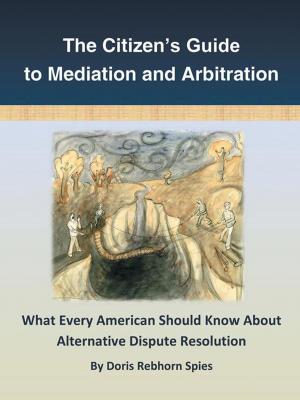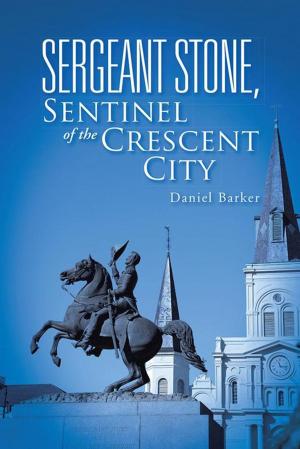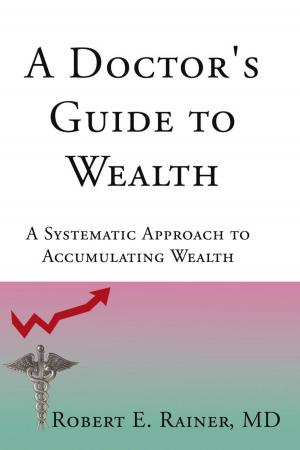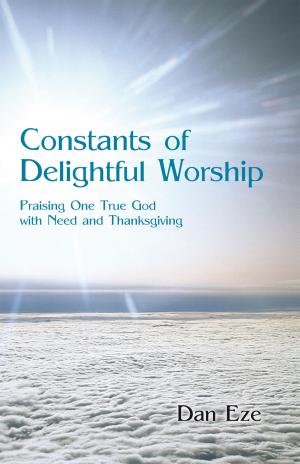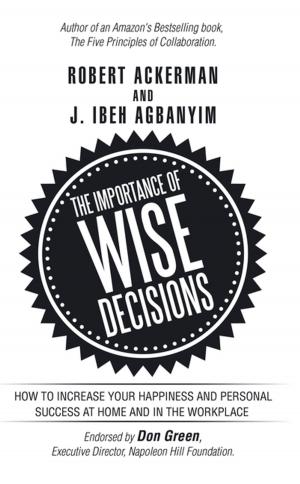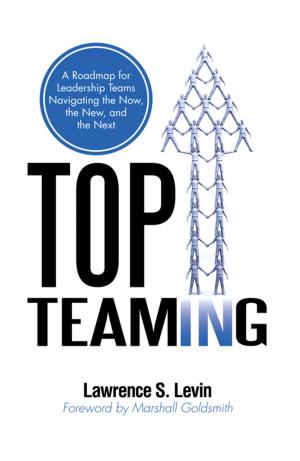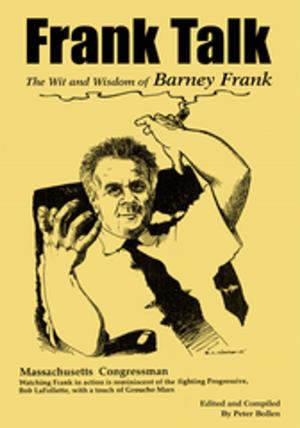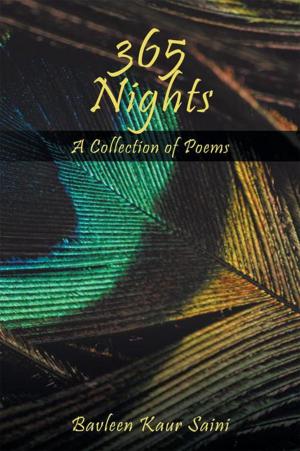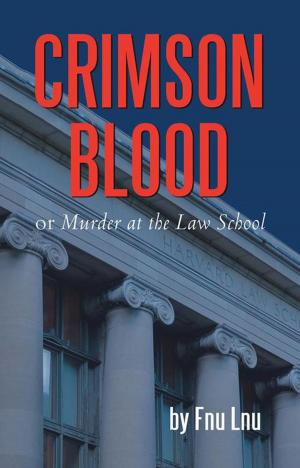| Author: | Peter A. Geniesse | ISBN: | 9781491799338 |
| Publisher: | iUniverse | Publication: | July 22, 2016 |
| Imprint: | iUniverse | Language: | English |
| Author: | Peter A. Geniesse |
| ISBN: | 9781491799338 |
| Publisher: | iUniverse |
| Publication: | July 22, 2016 |
| Imprint: | iUniverse |
| Language: | English |
I once was led to believe that the United States of America and the Vatican coulddo no wrong. Th en one day south of the border I realized that Uncle Sam was not such a nice guy, and the pope wasnt either. U.S. troops and advisors ran the Banana Republics, propped up dictators and trained the military to oppress the poor. In those days, the Catholic Church hierarchy in Latin America mostly sided with the status quo, dictators, military and wealthy. But in 1968, the bishops dramaticallydeclared a preferential option for the poor and later embraced liberation theology,aiming to bring heaven down to earth. It sounded a lot like Marxism to the Vatican,especially to Pope John Paul II, a staunch opponent of communism. He set out to appoint only bishops who were hostile to liberation theology. Pope Benedict XVI followed suit. Pope Francis, however, once a slum priest in Argentina, gave new life to the movement which was born and raised in Latin America. Most of the characters profiled in this book subscribe to a version of liberation theology and a preference for the poor. Th eir honor roll includes Ivan Illich and Ted Hesburgh, Salvador Allende and Samuel Ruiz, Oscar Romero and Daniel Ortega, Fidel Castro and Jean-Bertrand Aristide, and an actual, canonized Chilean priest named Alberto Hurtado. The reader may decide who is a saint and who is a sinner.
I once was led to believe that the United States of America and the Vatican coulddo no wrong. Th en one day south of the border I realized that Uncle Sam was not such a nice guy, and the pope wasnt either. U.S. troops and advisors ran the Banana Republics, propped up dictators and trained the military to oppress the poor. In those days, the Catholic Church hierarchy in Latin America mostly sided with the status quo, dictators, military and wealthy. But in 1968, the bishops dramaticallydeclared a preferential option for the poor and later embraced liberation theology,aiming to bring heaven down to earth. It sounded a lot like Marxism to the Vatican,especially to Pope John Paul II, a staunch opponent of communism. He set out to appoint only bishops who were hostile to liberation theology. Pope Benedict XVI followed suit. Pope Francis, however, once a slum priest in Argentina, gave new life to the movement which was born and raised in Latin America. Most of the characters profiled in this book subscribe to a version of liberation theology and a preference for the poor. Th eir honor roll includes Ivan Illich and Ted Hesburgh, Salvador Allende and Samuel Ruiz, Oscar Romero and Daniel Ortega, Fidel Castro and Jean-Bertrand Aristide, and an actual, canonized Chilean priest named Alberto Hurtado. The reader may decide who is a saint and who is a sinner.


